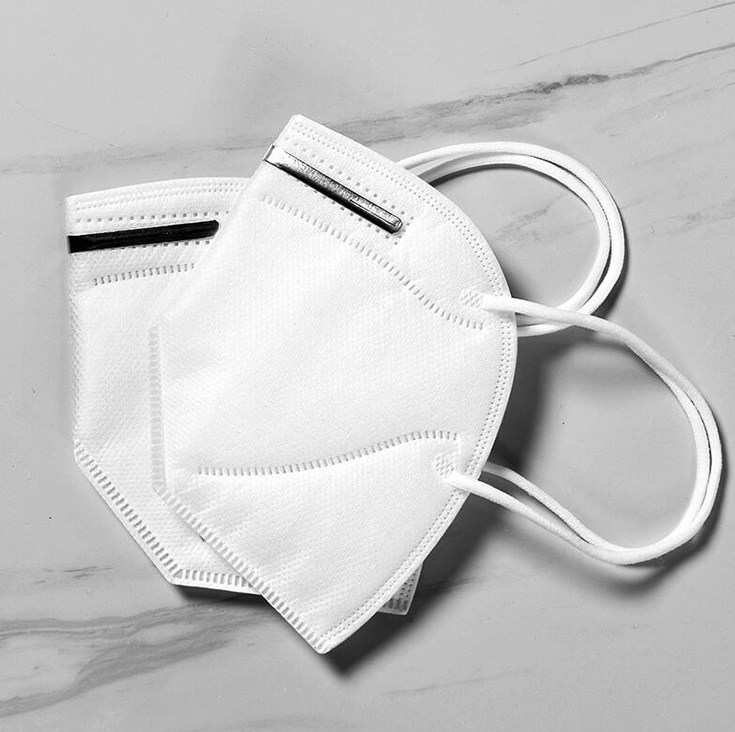
While N95 masks were purchased and used in large quantities, how to deal with them after use became a new problem in controlling the spread of pneumonia.

In hospitals, medical waste is generally divided into black, yellow and red. Among them, black plastic bags contain domestic waste, yellow plastic bags contain medical waste (including infectious waste), and red plastic bags contain radioactive waste and other special medical waste. After use, the mask will be placed in a clean, airtight bag and thrown into a yellow trash can.
"From the current situation, ordinary citizens can't judge whether they have been exposed to the new corona virus when they go out. According to the principle of prudence, from the perspective of protecting the public's life and health to the maximum, it is recommended to put the used masks separately in sealed bags such as plastic bags. In cities such as Shanghai that implement waste sorting, put sealed bags in "hazardous waste" bins, "said Du Huanzheng, a professor at the School of Environment and Sustainable Development of Tongji University cited by the Science and Technology Daily.
In some cities that do not have stricter regulations on waste classification and treatment, Tao Xiaoqing, director of the interventional vascular department of Weihai Haida Hospital, suggested that mask waste at home should be put in bags to avoid secondary pollution.
Because high temperature and medical 75% alcohol can kill the new coronavirus, it is recommended to sterilize with alcohol spray, put it in a bag and seal it before discarding.